detail profile gregory kunde
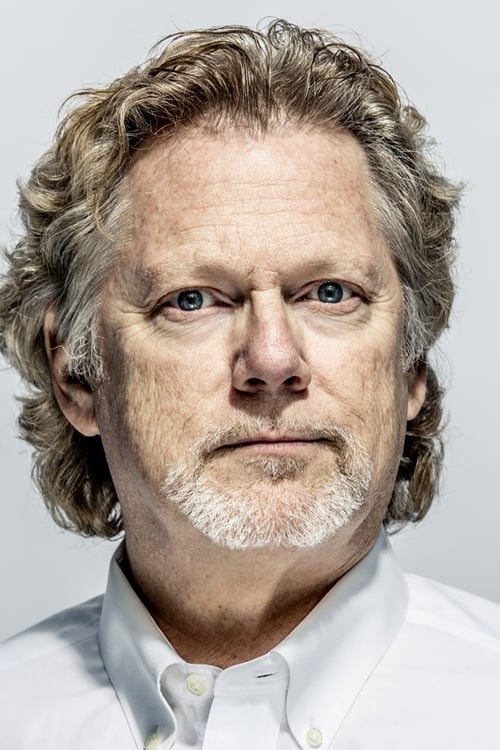
Info Pribadi
Peran Yang Di Mainkan Gregory Kunde
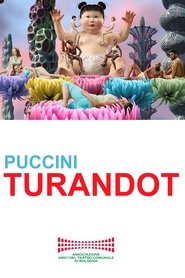 The story is by the dramatist...
The story is by the dramatist...Turandot - Teatro Comunale Bologna 2019
The story is by the dramatist Carlo Gozzi and dates from 1762, telling of the Chinese princess Turandot, who sets her suitors three riddles in order to marry her. Only the suitor who solves the riddle may ask for her hand in marriage, otherwise death awaits.
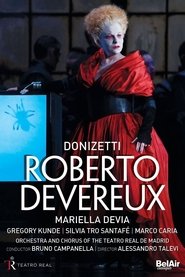 In the last and most dramatic...
In the last and most dramatic...Roberto Devereux 2016
In the last and most dramatic aria in Roberto Devereux , one of the four Tudor period operas composed by Donizetti in 1837 (along with Anna Bolena , Maria Stuarda and Il Castello di Kenilworth), the protagonist, Queen Elizabeth I of England, exclaims: "I do not reign, I do not live". This statement encapsulates great operatic themes, and it is the culmination of an opera that reveals the passions of characters who live among palace intrigues. Written in the mature period of the leader of Italian romanticism, the opera displays a great vocal virtuosity, and is an example of Donizetti prizing the voice above all in the genre. The staging, by South African director Alessandro Talevi, who has been very successful in great opera houses as well as with more experimental theatre, places the play in an undetermined period, focusing on the chiaroscuro. Bruno Campanella conducts.
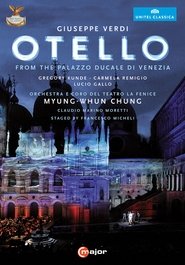 Rarely has a production of Verdis...
Rarely has a production of Verdis...Verdi: Otello 2014
Rarely has a production of Verdi’s Otello been staged in such a prestigious location: the courtyard of the Palazzo Ducale in Venice! This special outdoor “event production” of the Teatro La Fenice takes place amidst genuine late-Gothic and Renaissance architecture highlighted by spectacular projections: “A set of singular fascination” (Il Corriere Musicale). Critics were full of praise for the musical performance, designating conductor Myung-Whun Chung as the “absolutely dominating force” of the performance (GB Opera). The lead role is sung by Gregory Kunde, who successfully interpreted both Verdi’s and Rossini’s Otello in one year, perhaps the first tenor ever to do so. He “reproduces every accent, every colour demanded by Verdi with sensibility and intelligence” (OperaClick).
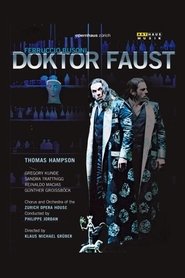 Faust a lonely scholar despairing of...
Faust a lonely scholar despairing of...Doktor Faust 2006
Faust - a lonely scholar, despairing of life, who has so far failed to discover its highest meaning - is given a book on black magic from three mysterious students from Cracow. When Mephistopheles appears and proposes a pact with Faust, the two of them set off together on a (dream) journey. Doktor Faust remained a fragment at the time of the composer's death. Busoni died in 1924, unable to complete what he himself described as his "state masterpiece" - an opera to which he had a deep personal attachment. The missing scenes from the score were completed by his pupil, Philipp Jarnach, whom Busoni had become acquainted with during his period in exile in Zurich. In this form the opera was given its first performance in Dresden in 1925. Then in the 1980s the conductor Anthony Beaumont came across previously undiscovered sketches by Busoni and produced a new version of Doktor Faust. The current recording uses the Jarnach score.
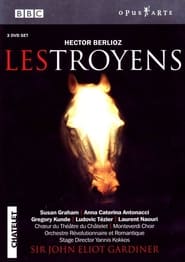 This epic opera follows Virgil beginning...
This epic opera follows Virgil beginning...Berlioz: Les Troyens 2003
This epic opera follows Virgil, beginning as the Greeks appear to have ceded the field after ten years of the Trojan War. Cassandra tries to warn of the terrible fate to come, but fate is set and Troy falls. The first two acts cover this tragic end, then the flight of survivors to Carthage and events at Carthage continue in acts 3 - 5, culminating in the further voyage for Italy and Rome. This is Virgil's classic epic, in operatic form, in about a three and a half hour performance from French Opera.
![film Don Carlos [Opéra Royal de Wallonie-Liège] 2020 movie Don Carlos [Opéra Royal de Wallonie-Liège] 2020](https://image.tmdb.org/t/p/w185/lFJB0Nagq547isTSiqojLS2uOwR.jpg)
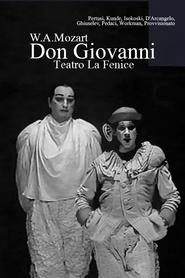 Don Giovanni is a dramatic opera...
Don Giovanni is a dramatic opera...